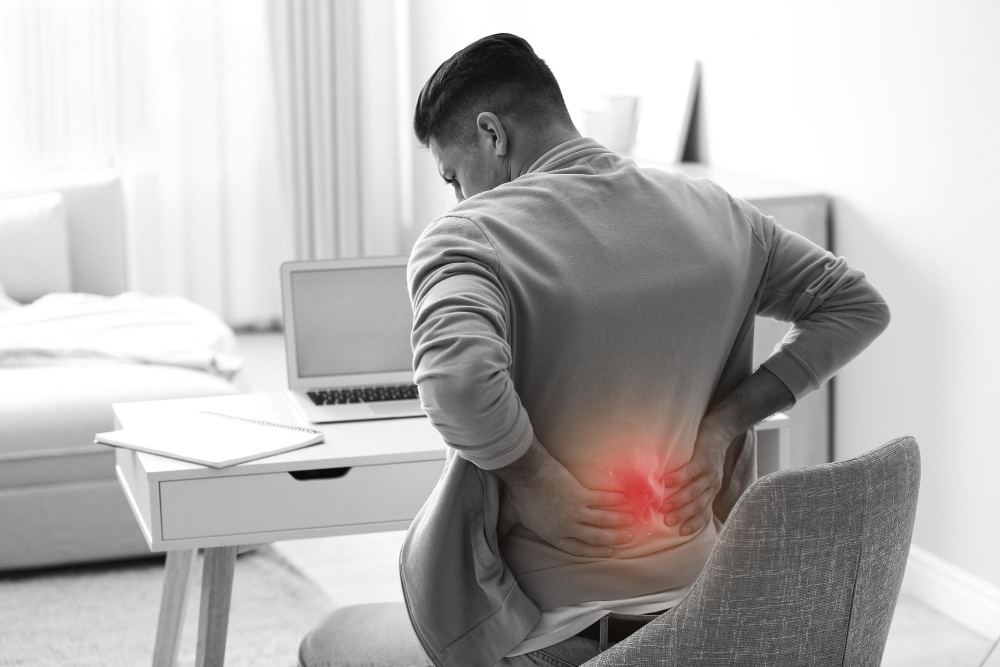
Back pain is a common complaint, and while most cases are mild and resolve on their own, some may be a symptom of a more serious condition such as a herniated disk. This condition occurs when a spinal disk - the cushion between the vertebrae in the spine - ruptures or bulges out of place. Herniated disks can be extremely painful, and if left untreated, they can lead to long-term complications. In this blog, we'll discuss the symptoms of a herniated disk, its causes, and treatment options available.
Symptoms
The symptoms of a herniated disk may vary from person to person depending on the location and severity of the condition. However, some common symptoms include severe or persistent back pain, weakness or numbness in the arms or legs, tingling or burning sensations in the affected area, and difficulty bending or moving. In some cases, there may be no symptoms at all, making it challenging to diagnose.
Causes
The cause of a herniated disk can be due to various factors, but one of the most common is age-related degeneration. As we age, the spinal disks lose water, making them less flexible and more susceptible to damage. In addition, excessive strain on the spine due to injury or poor posture can also lead to a herniated disk.
Treatment Options
Treatment for a herniated disk depends on the severity of the condition. For mild cases, rest, physical therapy, and over-the-counter pain medication may be enough to manage the symptoms. However, if the condition is severe, surgery may be needed to remove the damaged portion of the disk.
Conclusion
If you're experiencing back pain, it's crucial to seek medical attention and get an accurate diagnosis. Early diagnosis and treatment can prevent further damage and reduce the risk of long-term complications. If you are looking for an orthopedic surgeon in Altamonte Springs, Florida, Central Florida Bone & Joint Institute can help. Our team of experts has the experience and expertise to help manage your condition and get you back to your active lifestyle. Contact us today for more information.